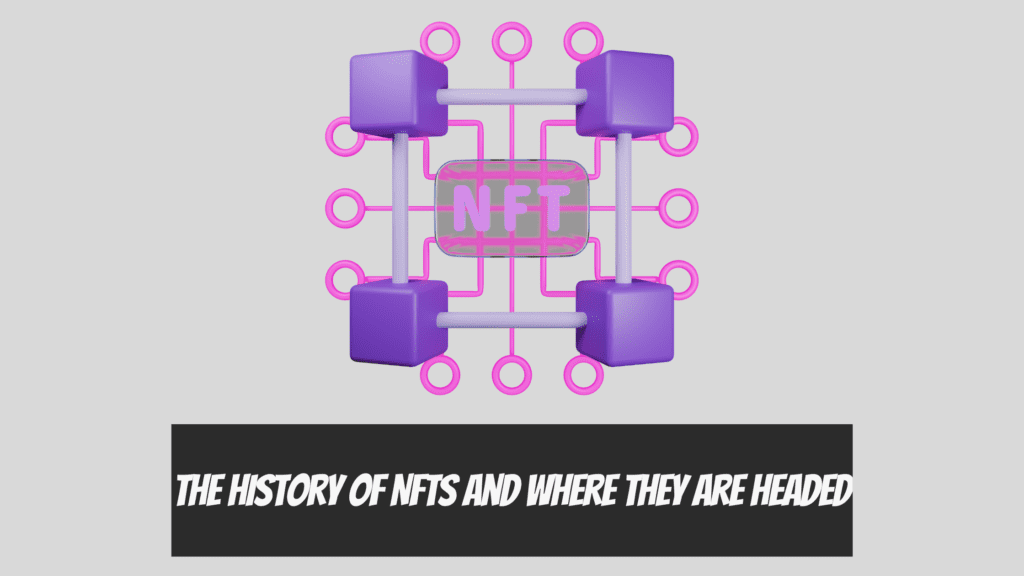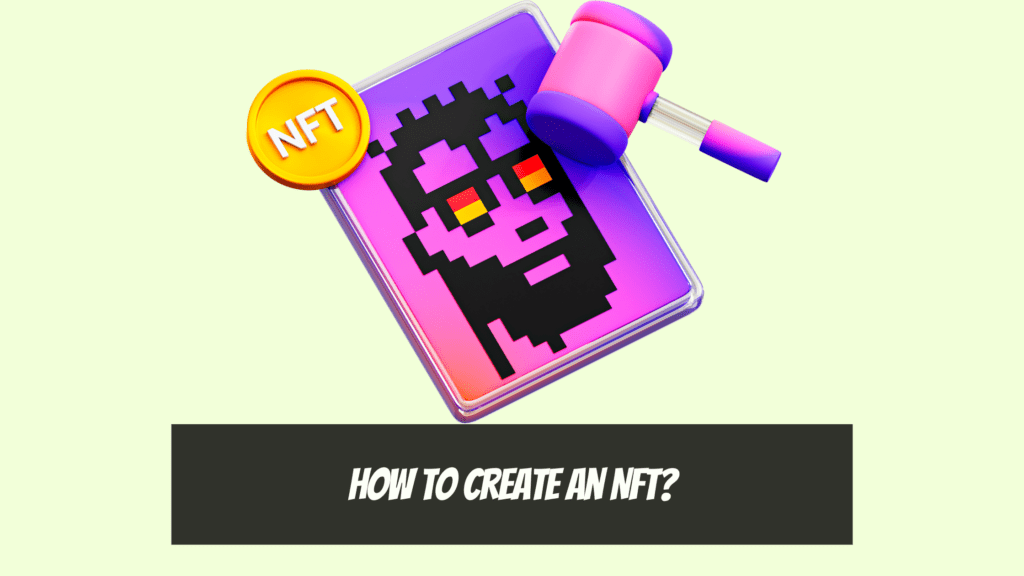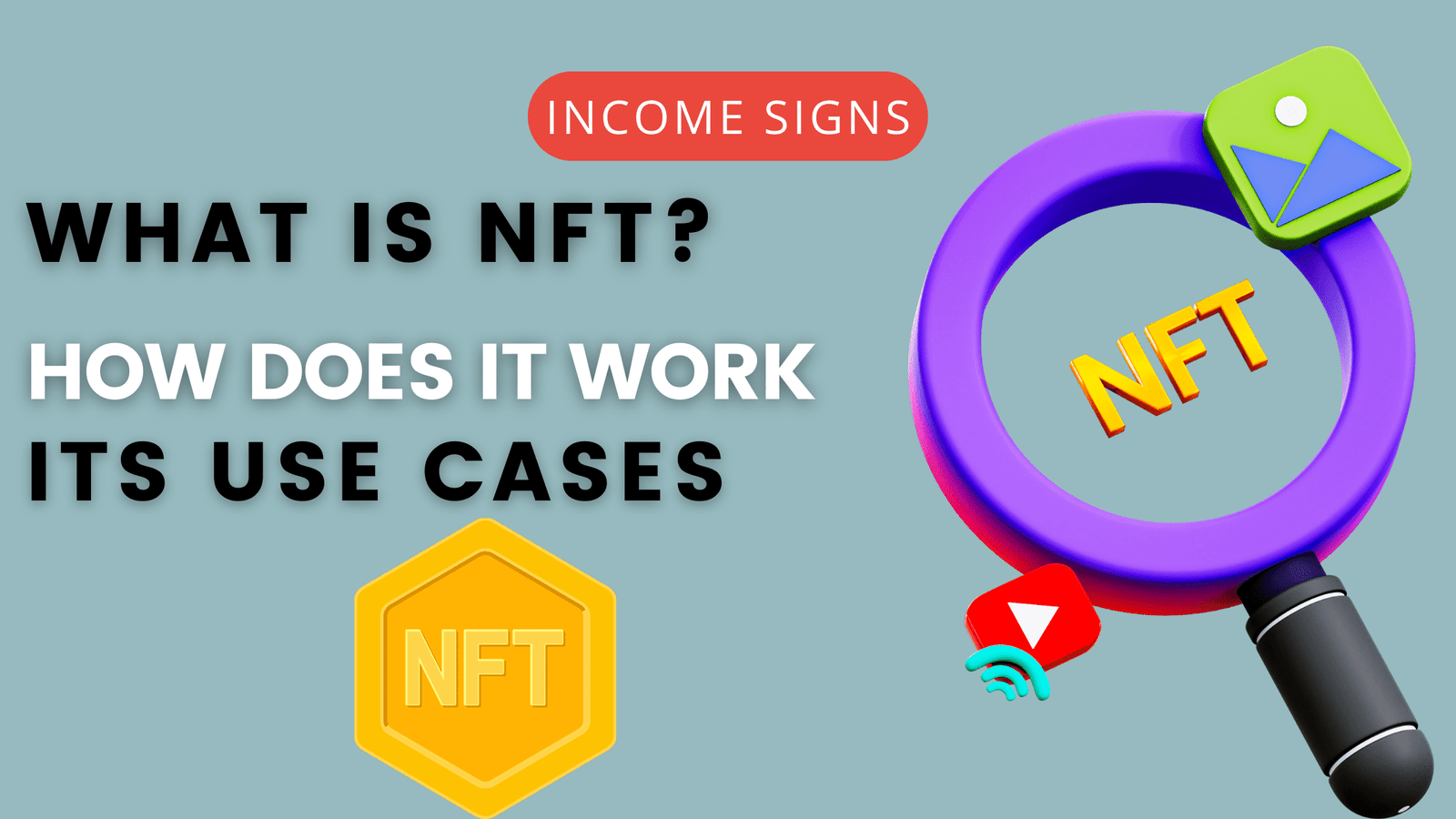In today’s world, we are used to digital products and services.
We buy and sell items online, stream our favorite shows, and purchase digital goods like e-books and apps.
But what if you could own a digital item? What if you could prove that you own a certain virtual item, or even trade it with someone else?
This is where non-fungible tokens (NFTs) come in.
An NFT is a digital asset that is not interchangeable with any other asset. Each NFT is unique, and can be bought, sold, or traded like any other physical item.
However, unlike physical items, NFTs exist solely in the digital world and are stored on a blockchain.
The use of NFTs is still in its early stages, but there are already a few platforms that allow you to buy, sell, or trade NFTs.
The most well-known platform for NFTs is Ethereum, which is a decentralized platform that runs smart contracts.
Smart contracts are programs that run on the Ethereum network and can be used to store, manage, and transfer NFTs.
The History of NFTs and Where They Are Headed

Since the launch of ‘Quantum’ in 2014, there has been a proliferation of NFTs (non-fungible tokens) created on various blockchain platforms.
These tokens are typically digital images, videos or other multimedia assets that are unique and cannot be replicated. This makes them perfect for representing digital collectibles or scarce digital assets.
The rise in popularity of NFTs can be largely attributed to the success of Cryptokitties, a game that allows users to buy, sell, trade and breed virtual cats on the Ethereum blockchain.
As of July 2018, over 1.5 million cryptokitties have been traded, with some selling for as much as $100,000. This demonstrates the potential for NFTs to be used as a form of digital asset ownership and exchange.
With the increasing popularity of NFTs, it is likely that they will become more widely used in online games, social media platforms and other applications.
This could lead to a wider adoption of blockchain technology and further disruption of traditional industries such as gaming and advertising.
How to create an NFT?

To create an NFT, you will first need to find a blockchain platform that supports the creation of NFTs.
Once you have selected a platform, you will need to create a digital asset to represent the NFT. This asset can be anything from a piece of artwork to a virtual world.
After creating your asset, you will need to mint it on the blockchain.
This process typically involves paying a small fee in the native cryptocurrency of the platform.
Once your NFT has been minted, it can be bought, sold, or traded on supported exchanges.
Some of the Use Cases of NFTs
1. Digital Art
Non-fungible tokens, or NFTs, are a new way to buy, sell, and trade digital art. Unlike traditional art, which is stored on a central server, NFTs are stored on the blockchain, a decentralized network of computers.
This means that NFTs are more secure and cannot be counterfeit. When you purchase an NFT, you receive a digital certificate that proves you own the artwork.
You can then sell or trade your NFT like any other asset. Thanks to their unique properties, NFTs are quickly becoming the preferred way to buy, sell, and trade digital art.
2. Collectibles
NFTs, or non-fungible tokens, are being used more and more frequently in the world of collectibles. And it’s easy to see why: they offer a level of security and authentication that is simply not possible with traditional methods.
With an NFT, collectors can be sure that their piece is genuine and that it has been properly authenticated.
What’s more, NFTs can be stored securely online, making them easy to access and trade.
As the world of collectibles continues to grow, it’s likely that we will see even more use of NFTs.
3. Gaming
NFTs have been gaining popularity in the gaming world as of late.
For those who are unfamiliar, NFTs are non-fungible tokens that can be used to represent ownership of digital assets.
This means that they can be used to represent everything from in-game items to entire video games themselves.
While NFTs are still in their infancy, they have the potential to radically change the gaming industry.
For one, they could help to reduce piracy by making it easier to track and verify ownership of digital game assets.
Also, NFTs could open up new revenue streams for game developers by allowing them to sell unique in-game items or experiences.
4. Social Media
NFTs could also be used to represent digital content on social media platforms.
For example, a user’s account could be represented as an NFT, and the user could sell or trade their account in a way that is similar to the way they would sell or trade a physical item.
NFTs could be used to represent individual posts or comments, and users could sell or trade these NFTs in a way that is similar to the way they would sell or trade physical items.
5. Identity
In a world where more and more transactions are taking place online, it’s important to have a way to prove your identity. That’s where NFTs comes in.
NFTs can be used to store information about your identity, such as your name, address, and birth date.
NFTs can also be used to store digital signatures, which can be used to verify that you are who you say you are.
As a result, NFTs offer a secure and convenient way to verify your identity online. In the future, NFTs may even become the primary way that we identify ourselves. However, for now, they offer a valuable tool for protecting our online identities.
6. Assets
One of the most interesting applications for NFTs is in the world of assets.
For example, imagine that you owned a piece of land that was registered on a blockchain.
You could then sell, lease, or trade the land to others using NFTs.
This would be a much more secure way to handle real estate transactions, as there would be no need for third-party intermediaries like lawyers or notaries.
All of the transactions would be recorded on the blockchain, and everyone would be able to see the ownership history of the land.
7. Data
NFTs can also be used to store data. For example, a file could be uploaded to a blockchain and then assigned its own unique NFT.
This would create a permanent record of the file that could not be changed or deleted.
This could be useful for storing important documents or files, or for tracking data changes over time.
It could also be used to create a decentralized database that is secure and tamper-proof.
The benefits of owning an NFT
- Increased security and privacy: Unlike traditional digital assets, NFTs are stored on a blockchain and are therefore much more secure. Additionally, the use of NFTs can help protect your privacy, as personal information is not required to purchase or own an NFT.
- Unique and customizable: As each NFT is unique, you can customize it to your own liking. This includes choosing the design, color, and even the functionality of the asset.
- Easier to trade: NFTs can be traded easily on online platforms, making it easy for you to sell or purchase them.
- Increased liquidity: The liquidity of an asset is the degree to which it can be converted into cash quickly and without loss. Since NFTs are digital assets, they have a very high liquidity, meaning they can be converted into cash very quickly and without any losses.
- An investment opportunity: As the use of NFTs continues to grow, their value is also likely to increase. This makes them an excellent investment opportunity for those looking to increase their wealth.
- More ownership options: With an NFT, you have more ownership options than with traditional digital assets. For example, you can create a unique digital asset that represents your business or brand.
- Easier to use: NFTs are easier to use than traditional digital assets as they do not require any special software or hardware to access them. They can be used on any device that has internet access.
- More reliable: Unlike traditional digital assets, NFTs are not subject to hacking or theft. This makes them more reliable and trustworthy than other forms of digital currency.
- Decentralized: As NFTs are stored on a blockchain, they are decentralized and cannot be controlled by any one individual or organization. This makes them more secure and trustworthy than traditional digital assets.
- Fun and interesting: Last but not least, owning an NFT is simply fun and interesting! You can use them to represent yourself online or showcase your unique personality.”
My Final thoughts on NFTs

NFTs have been a hot topic in the world of finance and technology for the past few months.
And while there is still a lot of debate about their value, I believe that they have the potential to revolutionize the way we interact with digital assets.
For one, NFTs provide a unique way to ownership of digital assets.
Unlike traditional cryptocurrencies, which are stored on a blockchain and can be easily traded or transferred, NFTs are attached to a specific file or piece of data.
This makes them far more difficult to fake or duplicate, and gives creators a much higher degree of control over their work.
NFTs could also help to reduce fraudulent activity in the digital world.
By making it clear who owns what, NFTs could help to discourage hackers and scammers from trying to steal or duplicate digital assets.
Overall, I believe that NFTs could have a profound impact on the way we interact with digital content.
As the technology continues to evolve, I think we will see more and more platforms and services embracing this new type of asset.
